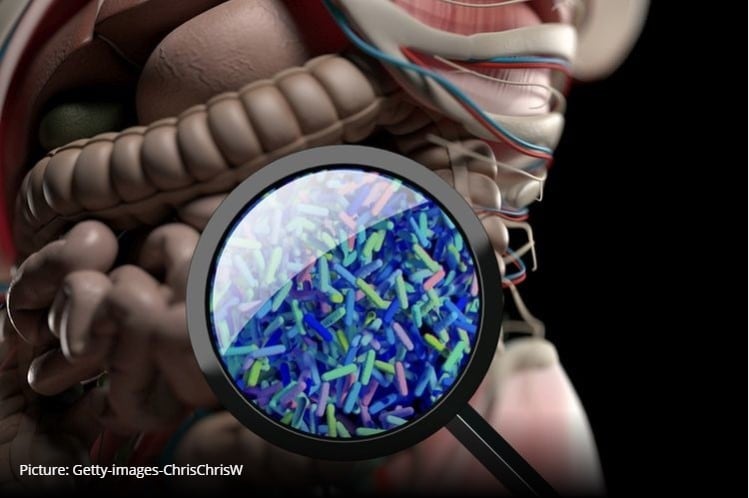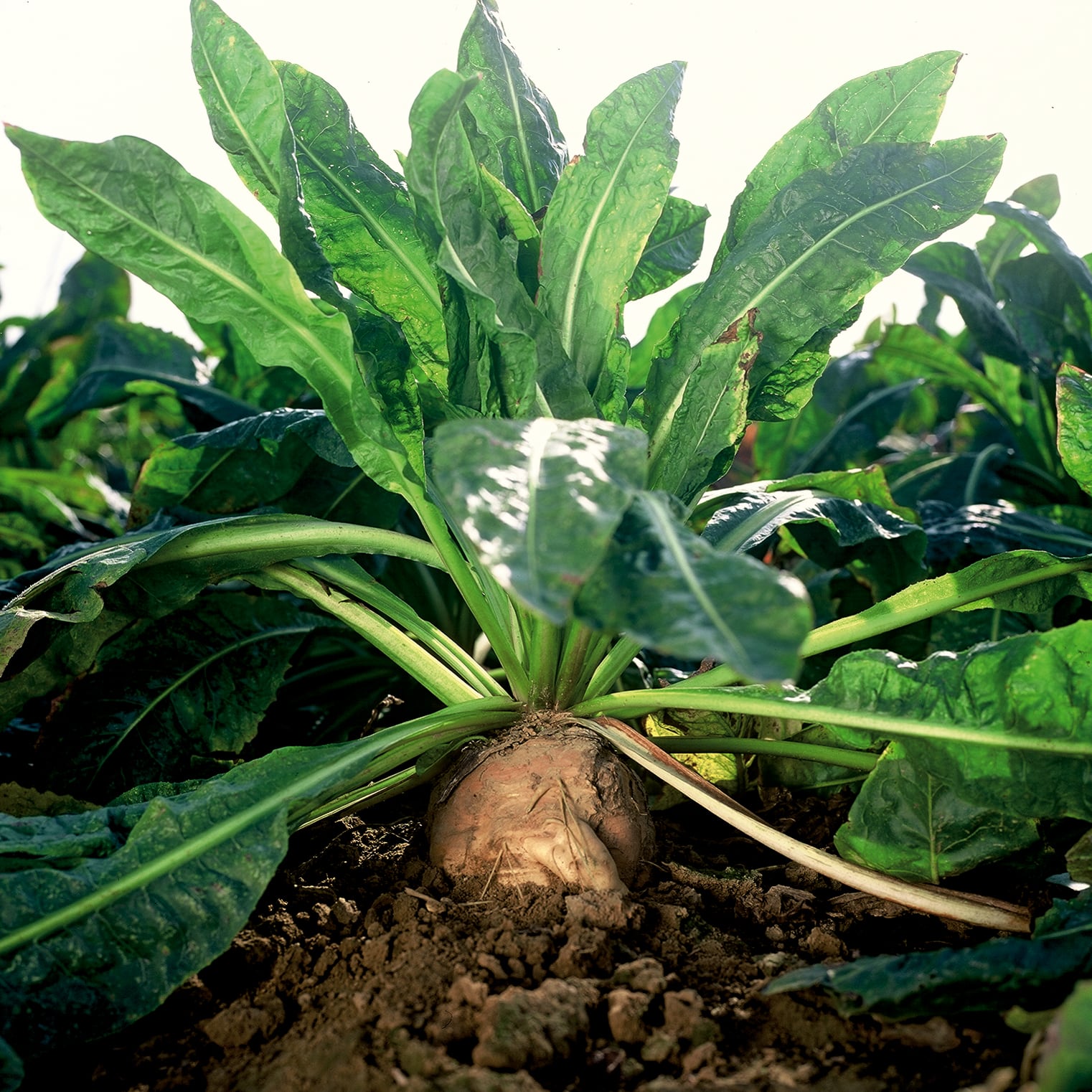Key to their findings is the influence of the microbiome, in which studies even before the pandemic took hold linked the gut to immune system health and function.
The benefits of probiotics in particular was hailed as an effective supplementary method for tackling the virus as governments took note of its potential in both susceptibility and recovery from the disease.
But in the midst of investigating the probiotic promise, the role of prebiotics has been overlooked despite its established benefits to the gut environment. Is it fair to assume this ingredient could also benefit consumers in providing a defence against the virus?
NutraIngredients spoke to Anke Sentko, vice president of regulatory affairs & nutrition communication at Beneo, one of the leading suppliers of prebiotics such as chicory root fibre.
Thanks for talking to NutraIngredients Anke. Firstly, could you briefly explain how prebiotics (and probiotics) could aid in supporting immune function?

Prebiotics selectively promote the number of naturally occurring good, beneficial bacteria in the intestine. A selective increase in Bifidobacteria can be regarded as marker of intestinal health. They influence the ecosystem or biotope they are living in.
For example, chicory root fibre is the preferred “diet” for Bifidobacteria. The “digestion process” of the Bifidobacteria leads to the production of short chain fatty acids and potentially further metabolites.
This increase in the breakdown products influences the environment in the gut, the ecosystem changes to an environment characterised by lower acidity in the gut lumen which in turn then influences the living conditions of other bacteria. The adhesion of pathogenic bacteria is inhibited, immune cells are stimulated so that the body’s defence against pathogens is improved and may lead to a decrease in infections.
With consumption of only 5 grams (1 teaspoon) per day of inulin or oligofructose, Bifidobacteria increase significantly and thus support digestive health and helping to keep inner defence systems in good shape.
Can prebiotics and/or probiotics be used to treat inflammatory diseases?
This is an area of emerging science related to systemic chronic inflammation, like we see occurring in obese and diabetic people. Authors like Prof Raylene Reimer and her research group that conduct research in this field concluded “incorporating prebiotics into the diet through supplementation or functional foods may help mitigate some markers of obesity-associated inflammation.” It is also investigated in kidney diseases or arthritis. Other fields of emerging science are autoimmune diseases including Type 1 diabetes.
What are your thoughts on research suggesting prebiotic (or probiotic) consumption could impact on the coronavirus?
We see the role of prebiotics and probiotics in the prevention phase, not in the acute phase of COVID-19. It takes about one week to let your Bifidobacteria increase. Do not forget, this is a natural process where the feeding of the preferred food for the organisms leads to their increase in numbers and the positive influence of the gut environment. So, it is about strengthening your inner defence system in every possible way.
Can we expect prebiotics (and probiotics) to elicit immune effects in (all) healthy subjects? If not, why not?
As we all know, not everyone is the same. Those that are already in a very good shape may benefit less than those that are not in a good shape. A number of illnesses, including obesity and diabetes, are associated with dysbiosis of the microbiota. This is a large part of the population already. I think this will be beneficial for many consumers and has no downside. For me, it is common sense to support my microbiota.
Finally, could you comment on how effective fermented food and drink is in supporting the immune system?
Consumers often regard fermented food and drink as supportive for their health (despite the absence of a strong database establishing the link between the cultures within the food or drink and associated health benefit). Although, there is no doubt that fermented foods are tasty and enrich the food choices all over the world.
Like in the gut, microbes may increase the vitamin content and may produce other beneficial metabolites. Sometimes they may reduce toxic or anti-nutrients in raw foods such as beans. Depending on the type of food or drink, the final product may or may not have living microbes in it.
Fermented foods or drinks that still contain living microbes may help to maintain a healthy intestinal microbiota by increasing microbiome diversity - if the microbes in the food survive the stomach-intestine passage. Very often, microbe type and amount in a fermented food are not known in detail.
However, fermentation cultures for food/drink production should not be mixed up with probiotics. While for probiotics a strain specific health benefit needs to be established in human intervention studies, and for prebiotics the selective growth of naturally occurring beneficial bacteria and the health benefit in human intervention studies need to be established, this detailed evidence level is not available when it comes to fermented food and the cultures involved.



